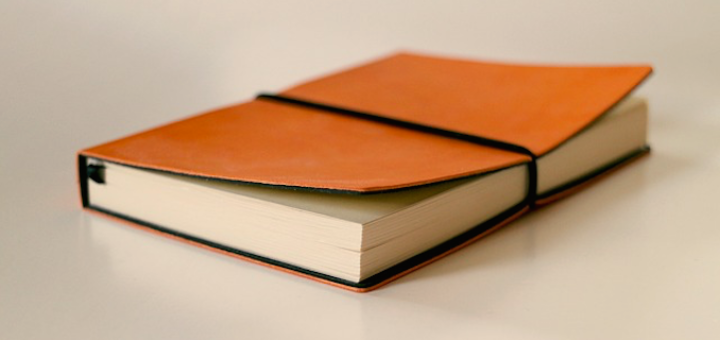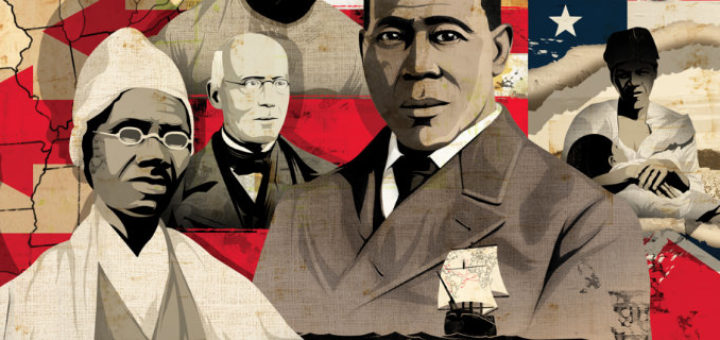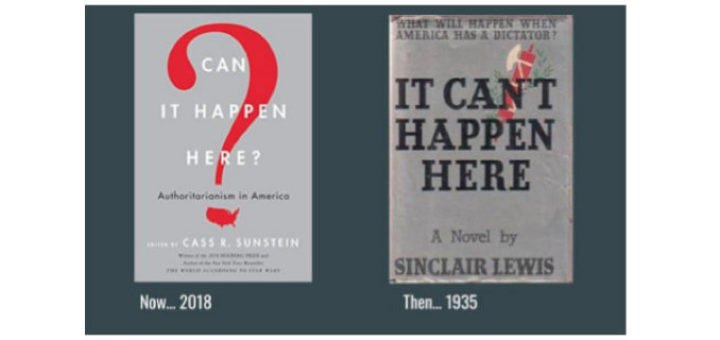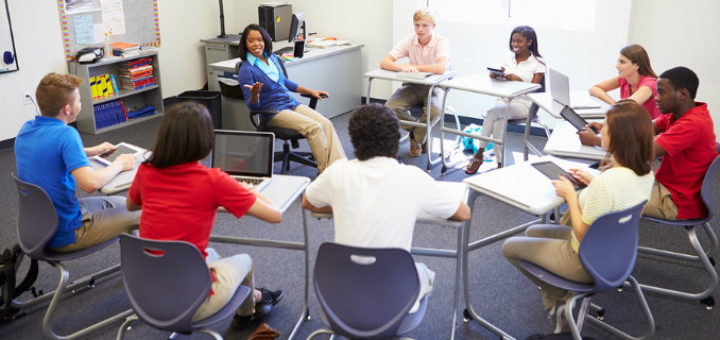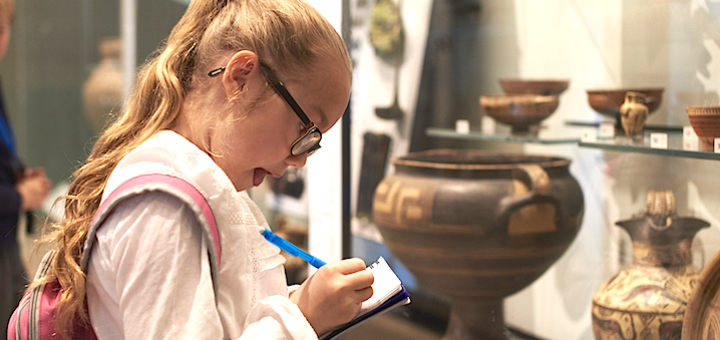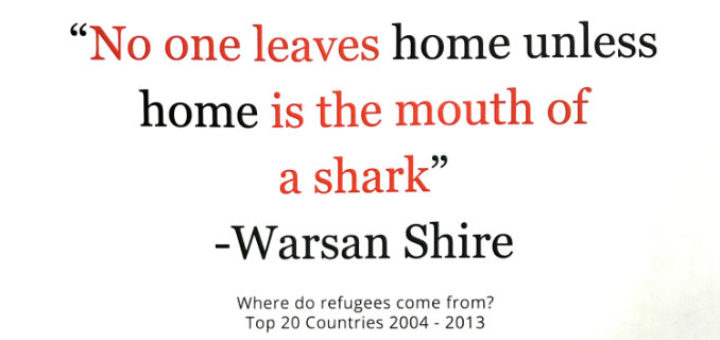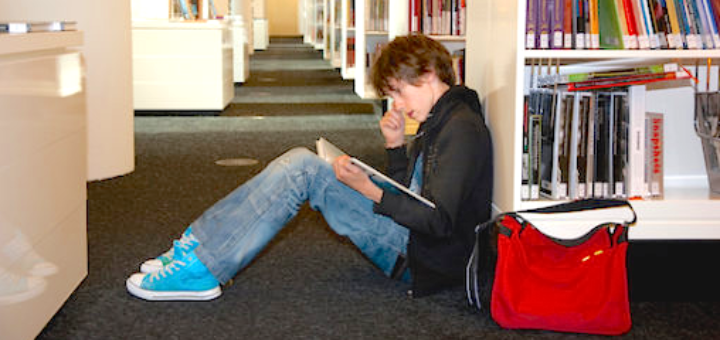Category: Future of History
Lesson plan improvement notes written a year ago may not be as useful as you now wish they were. That’s what Lauren Brown discovered when she tried to decipher scribbled comments on materials from last fall. Learn some of her ideas to lessen the need for total recall.
Sarah Cooper’s world has expanded since she became a podcast convert. She’s found many podcasts to love: Malcolm Gladwell’s Revisionist History, Jennifer Gonzalez’s Cult of Pedagogy and more. Among her top favorites is “Teaching Hard History” from Teaching Tolerance.
Current events add immediacy to history class, but with crowded curricula and the challenges of the political climate, Sarah Cooper is fine-tuning the news discussions in her 8th grade classes. She shares several stories and explains what makes them right for fall 2018.
As schools reopen, Lauren Brown revisits the essentials of history teaching in a time when authoritarianism is in the air. Central are not only caring about individuals in the next generation but also being ‘keepers of the meaning’ when established values are challenged.
Despite the success of last spring’s well informed debates in her 8th grade U.S. History classes, Sarah Cooper is taking an indefinite break from the no-holds-barred, winner-takes-all style of discussion in favor of more collaborative, consensus building strategies.
When Sarah Cooper launches an op-ed writing project, students respond best if they have wide latitude to choose a topic, picking an issue that sparks a personal connection. Beyond research and writing, the highlight for kids is sharing their op-eds with an audience.
Moving current events front and center has been one of the most influential paradigm shifts in Sarah Cooper’s years of teaching U.S. History. How does she find the time? Learn three simple ways to help students stay attuned to the news and make historical connections.
When Lauren Brown left her history classroom and became a teacher educator, she always shared a page of advice when pre-service teachers finished her course. Three years after returning to middle school, Brown updates her tips with fresh insights from the front lines.
This year, as 8th graders at Sarah Cooper’s school developed their community impact projects, she added a twist to the required (but seldom read) 300-word research display. Intriguing quotes, many with engaging graphics, increased student investment and audience attention.
As students research US history for Sarah Cooper, they are used to trying search terms on a screen. But when assignments require them to wander the stacks for books, sometimes they don’t know where to begin. Answering their questions has given her ideas to share here.

